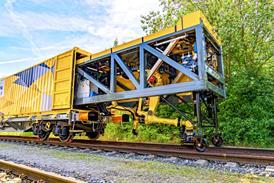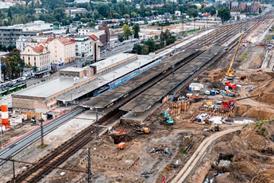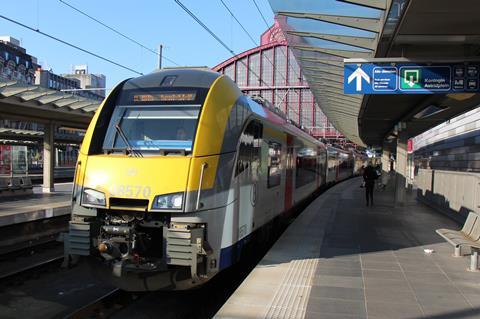
BELGIUM: Final negotiations over the next 10-year operating contracts for state-owned passenger operator SNCB and national infrastructure manager Infrabel are expected to start in the coming weeks, following the publication of draft versions for consultation.
According to federal Minister of Mobility Georges Gilkinet, rail needs to play a greater role in the Belgian transport mix. The draft contracts for 2023-32 reflect many of the objectives outlined in his Vision Rail 2040, which have reportedly been endorsed by other ministers. The Green Party minister wants to see 20% of all freight moving by rail in 2040, compared to 12% today. In the passenger sector, he says rail’s market share should be doubled to 15%.
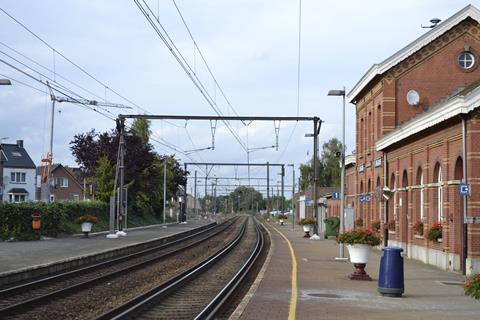
Gilkinet believes that local trains in and out of all the major cities should be increased to a minimum 15 min interval, while the frequency on longer-distance routes should not be less than half-hourly. Services should start earlier in the day and run later into the evening, he suggests. Taking inspiration from Switzerland, he want to see stations transformed into comfortable multimodal hubs to facilitate interchange to and from buses, cars, taxis and bicycles, while connections between different categories of train should also be improved.
The minister says public services should remain the responsibility of SNCB, but international connections and real estate activities should be run on a commercial basis and must be profitable. Infrabel should be tasked with managing transport flows rather than simply maintaining the infrastructure. In his view, the Belgian rail system has suffered from 15 years of under-investment, which has impacted on the maintenance of the network.
The draft operating contracts between the federal government, SNCB and Infrabel specify that by 2032 there should be 10% more trains than today, carrying 30% more passengers, and that the punctuality and quality of the service should be ‘definitively enhanced’.
According to Gilkinet, SNCB will be permitted to introduce flexible fares in order to attract more passengers to fill off-peak trains and generate more revenue. However, the basic social tariffs will still need approval from the government, as will any proposals to close stations.
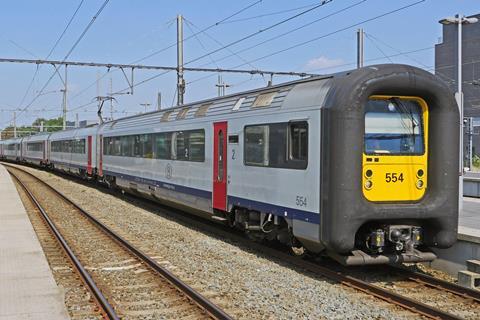
If SNCB meets the contractual specifications, it will be allowed to increase fares by 1% above the rate of inflation. In terms of punctuality, the contract envisages that 92% of all trains must arrive within 6 min of scheduled time. Service quality will be based on customer satisfaction ratings, with a minimum requirement of 76%.
Gilkinet has indicated that €3·8bn in capital investment may be necessary to deliver the enhanced services envisaged, but he anticipates that the annual operating subsidy can be reduced from the current €1·2bn/year to €982m over the course of the 10-year period, subject to adjustment for inflation.
The draft contracts have reportedly been accepted in principle by the boards of SNCB and Infrabel, but need to be finalised in the forthcoming negotiations before being submitted to parliament for formal approval.

